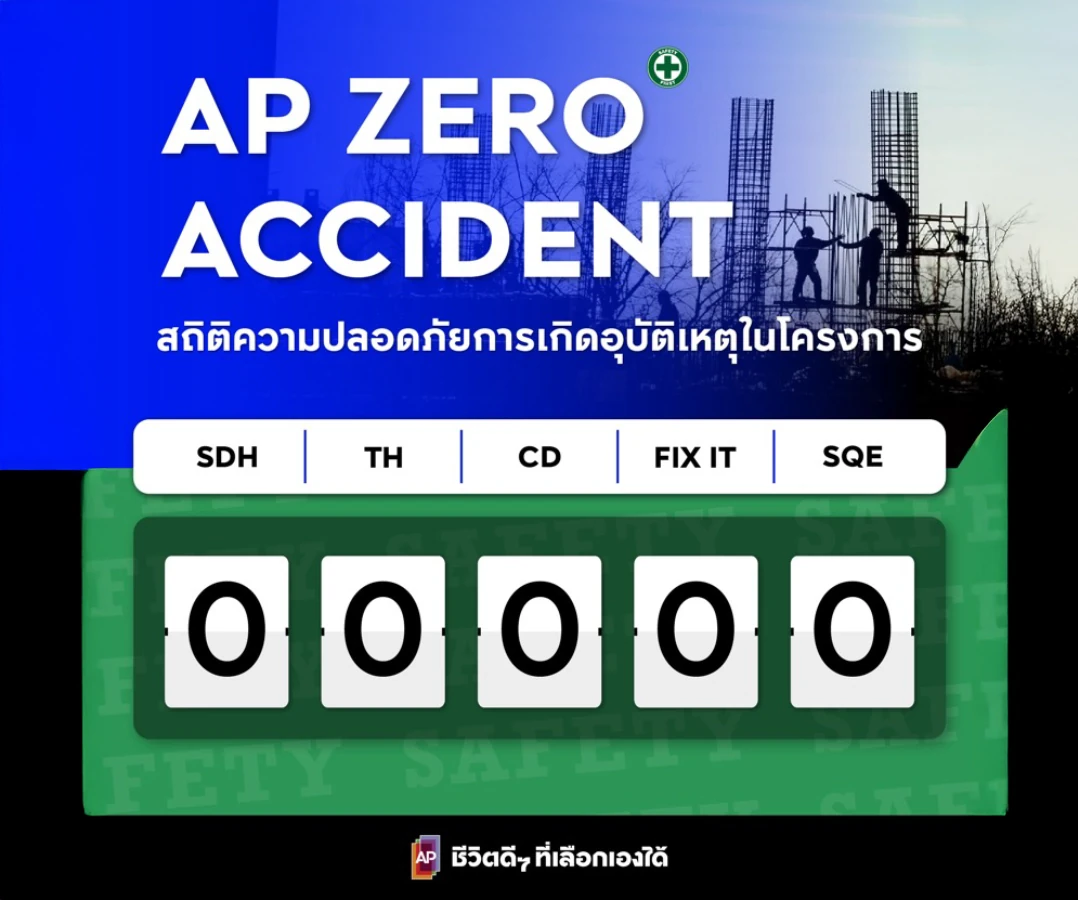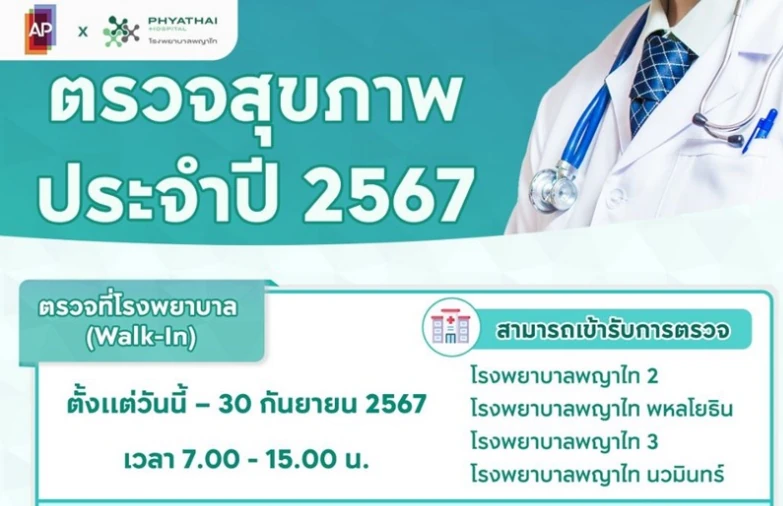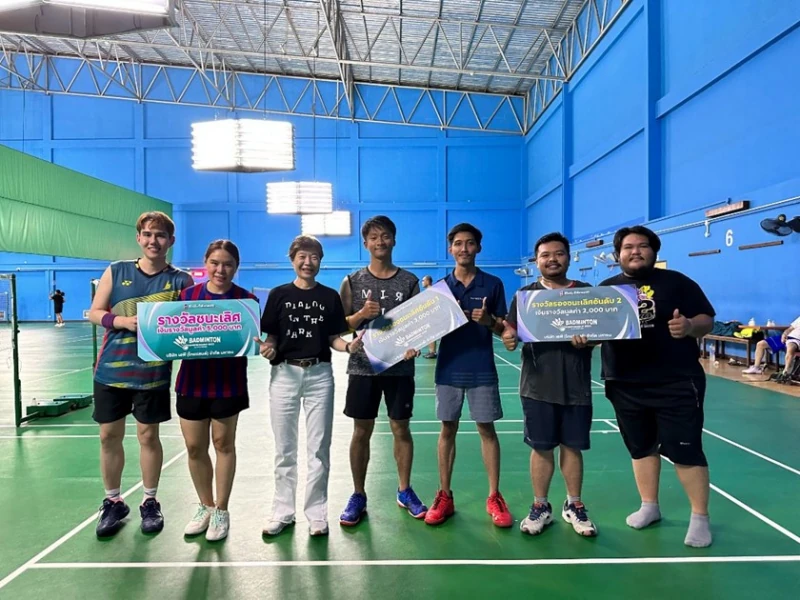
Occupational Health and Safety Management
Goals
Our Commitment
AP Thailand recognizes the utmost importance of safety and occupational health management as fundamental factors supporting sustainable business operations. The company has a firm commitment to creating a Proactive Safety Culture so that all employees, contractors, and related stakeholders can work in a safe environment, without accidents, and in good health.
AP Thailand adheres to the legal provisions of the Occupational Safety, Health and Environment Act B.E. 2554 (2011) and ministerial regulations that set standards for management and administration of occupational safety, health, and environment concerning construction work B.E. 2551 (2008). The company recognizes workplace hazards and risks, the importance of Safety, Health and Environment (SHE) in operations, and considers all company stakeholders, including employees of the Company and subsidiaries, business partners, contractors, visitors, and all related parties. The company aims to ensure employees have knowledge, understanding, skills, and capabilities for work performance, and focuses on operations to achieve the goal of preventing and mitigating accidents that cause loss of life and property, ensuring safe working conditions are provided for employees, contractors, and related personnel.
With the vision of being an organization where employees can work confidently, safely, and with a good quality of life, the company not only aims to reduce workplace accidents to zero (Zero Accident) but also focuses on enhancing employee well-being in the long term, so they can sustainably create value for the organization, society, and community.
Supporting the SDGs Goals
Stakeholders Directly Impacted
Management Approach and Value Creation
AP Thailand is committed to safety management to create a safe working environment and support the well-being of employees and contractors. The company operates according to relevant standards and laws, while driving a proactive safety culture by focusing on accident prevention and systematic risk management.
The company's approach not only aims to reduce accidents but also emphasizes the continuous development of practices to elevate safety standards in every step of business operations. The company prioritizes establishing clear safety policies, strategic direction setting, building capabilities of employees and contractors, and pursuing the goal of ‘Zero Accident’. All of which will be elaborated in detail below.
Safety, Health and Environment Policy
AP Thailand is committed to conducting business under Safety, Health and Environment (SHE) management approaches, upholding safety as the core principle in all work processes to protect employees, contractors, and stakeholders from potential risks.
The company has officially announced the "Safety, Health, and Environment Policy (SHE Policy)" covering 7 key areas of practice:


Safety and Occupational Health Practice Guidelines in Construction Work for Employees and Contractors
AP Thailand places the highest priority on employee safety in the workplace, adhering to legal safety management principles including the Occupational Safety, Health and Environment Act B.E. 2554 (2011) and related ministerial regulations, to promote quality of life, employee well-being, and reduce risks from potential accidents in construction work. The company implements a 5-level risk control hierarchy: elimination of hazards, substitution, engineering controls, administrative controls, and personal protective equipment (PPE) to ensure a safe working environment.



To strengthen an organizational culture that prioritizes safety, the company provides opportunities for employees to participate in reporting unsafe incidents, suggesting improvements, and has a systematic accident reporting system that includes: incident notification, evidence collection, cause analysis, and communication of preventive measures to relevant departments.
Safety Training
AP Thailand recognizes the importance of building a safety culture in the workplace by organizing increased safety training courses for employees, so that employees have knowledge and understanding of how to work safely, helping to reduce the likelihood of accidents, enhance social responsibility, reduce opportunity costs from work stoppages to ensure business continuity, and be able to respond correctly to incidents when accidents occur, as follows:


Safety Orientation
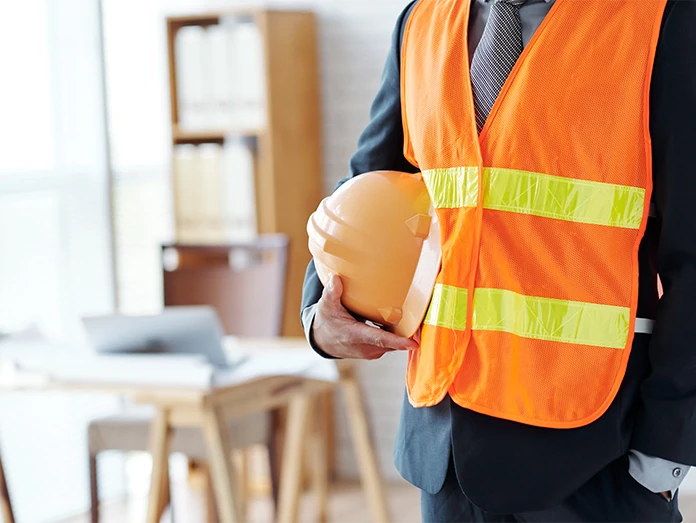
Safety Officer Training Courses
- Supervisor level
- Construction supervisor level
To enhance knowledge about occupational safety, health, and work environment, and the roles and responsibilities of safety officers in work and work environment, hazard identification at work, and preparation of manuals on occupational safety, health, and prevention and control of work-related hazards.
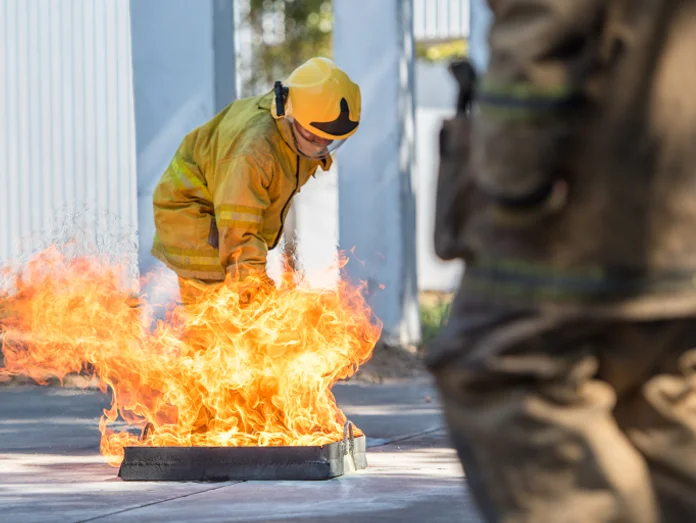
Emergency Response Drills
AP Thailand prioritizes building awareness and promoting employee and contractor participation in continuously improving safety measures, which is a fundamental foundation for conducting business responsibly and sustainably.
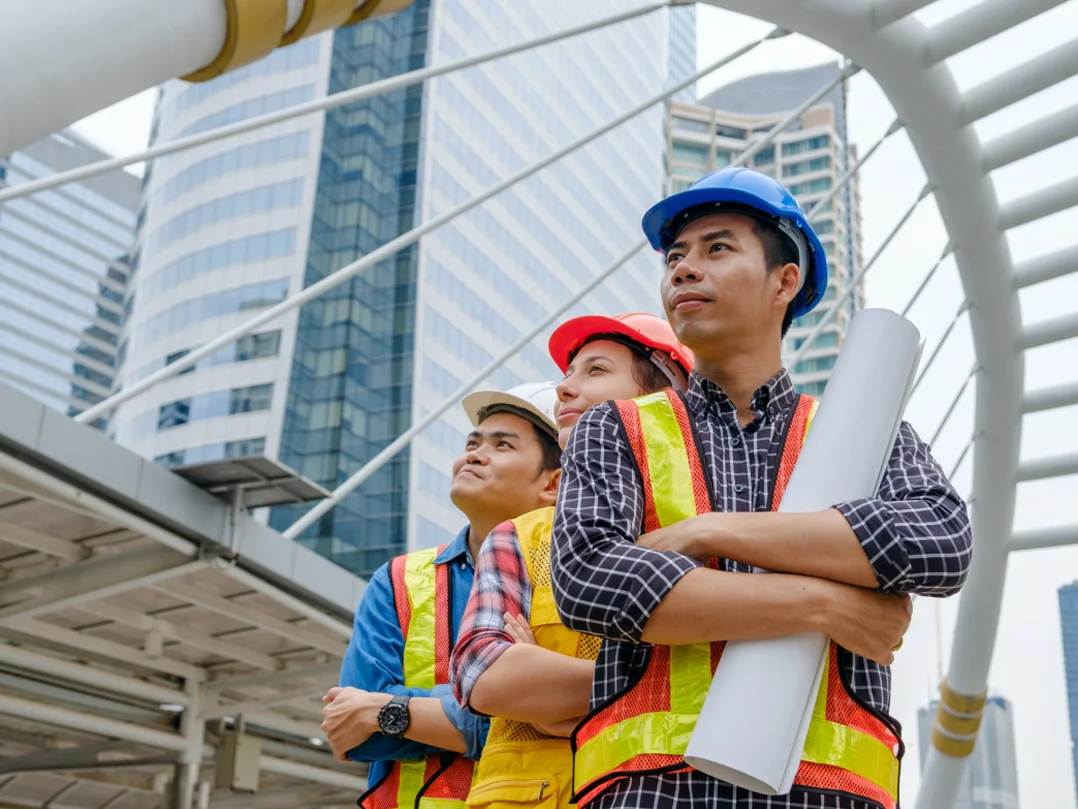
AP Zero Accident: Working Safely Without Accidents
AP Thailand is committed to the “Zero Accident” operational goal, which aims to reduce workplace accidents to zero, believing that “because every employee is the heart that drives the organization to move forward,” and there is the need for an effective safety management system and a deeply rooted safety culture within the organization.
In 2024, the company elevated its operations under the “AP Zero Accident” approach through 4 key implementation steps:
Continuously providing safety knowledge to employees and contractors through Safety Talk activities, job-specific safety training, and weekly project meetings.
Emphasizing proper use of PPE equipment and adherence to safety procedures.
Conducting on-site inspections jointly with central quality assurance (QA), project managers (PM), and contractors, with inspection results reported to VP-level management for immediate improvement if risks are identified.
Campaigning to instill safe behavior as a habit, such as organizing safe area competitions, safety awareness training activities, and communication activities with employees and business partners.
The operational results for 2024 remained at “Zero Accident” throughout the entire year.
Accident Incident Reporting
AP Thailand prioritizes comprehensive accident management in the workplace with a standardized accident reporting system that covers response, investigation, and prevention of recurring incidents, while promoting a proactive safety culture at all organizational levels.
AP Thailand’s accident incident reporting process consists of 7 key steps as follows:

The 2024 performance shows that the company was able to maintain:
This reflects the strength of the accident management system at the organizational level.
